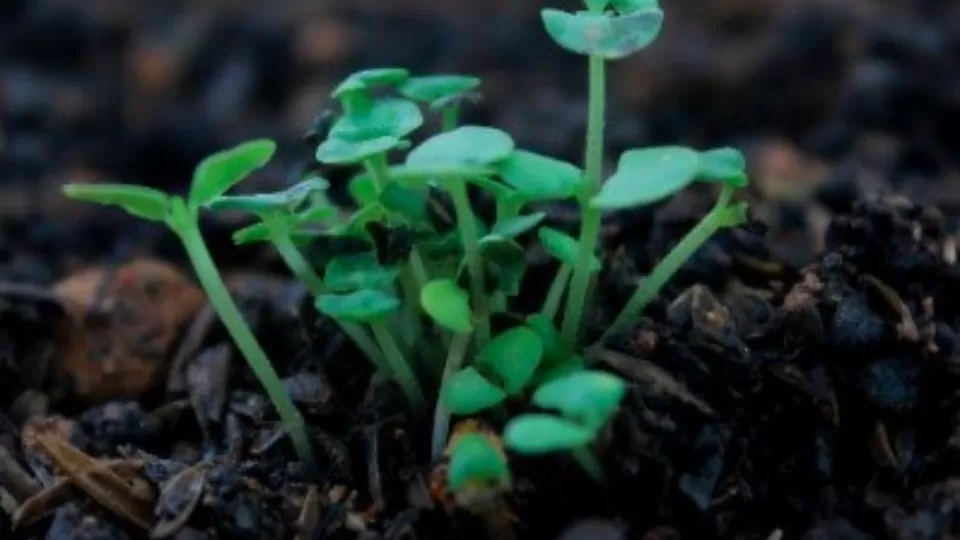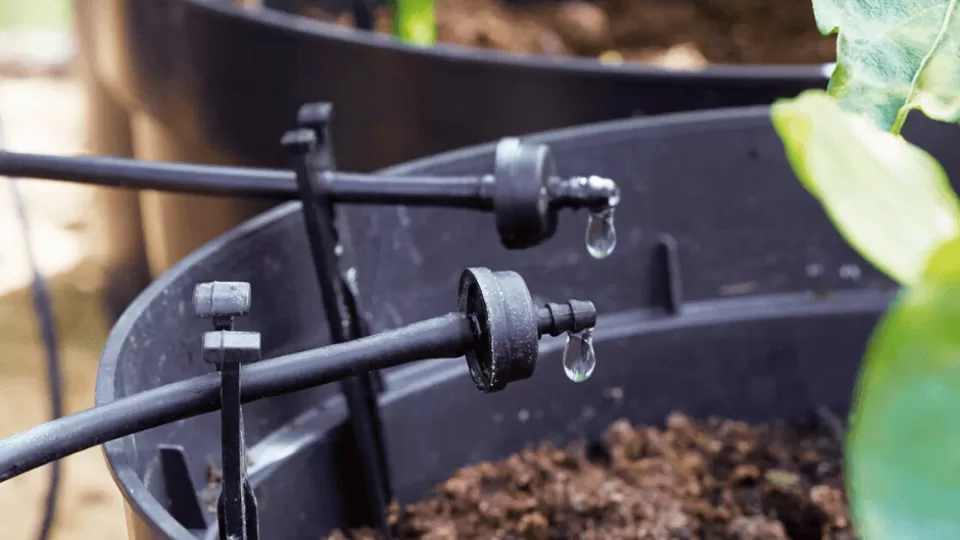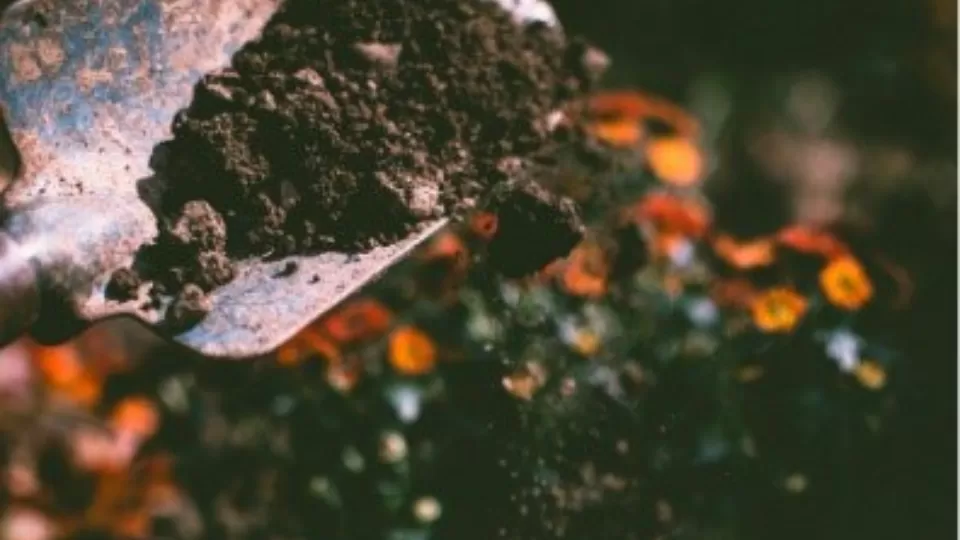How To: Save Your Plants from Slugs
One of the biggest nuisances for any gardener, particularly during the Spring months, are slugs! Those tell-tale shimmering trails across soil and paths, plus holes of all shapes and sizes ruing your leaves and shoots, start appearing from March as slugs become more active – and just as you’re ready to start planting out and potting on!
If you have a slug problem and you’re fed up of these garden pests damaging everything from your lupins to your sprouts, the Irrigatia team is here to help! We’ve put together our top tips on helping control and prevent slug damage to your plants, without using ugly and toxic slug pellets, to keep your garden thriving throughout April, May and beyond.
1. Fatten them up
One easy solution to help control a slug problem is to distract them with something more appealing than your plants! Slugs love bran, so simply sprinkle the grain around your garden as a great alternative snack solution. Bran will make the slugs more bloated and even slower, making them an easier target for birds and other predators too. Another ‘pro’ of using bran is that it’s easily disguised within your soil, having a limited visual impact on your green spaces – unlike bright blue pellets!
2. Get gritty
Another simple solution is to add grit into your mulch, this one works especially well for your plant pots. Slugs find it difficult to slither over dry and bumpier surfaces that require more of a climb. By adding more texture to your soil, it creates a net effect around the stems or the beds of your plants – it’s also a useful technique to help keep the soil hydrated for longer too!

3. Offer the pests a pint
Not just a treat for us gardeners after a hard day’s work, beer is also loved by slugs too! The sweet smell of hops is very attractive to slugs, and can provide a welcome distraction from your plants. Simply plant an open-topped jar of beer in and among your plants and flowers and let gravity do its job as the slugs fall for the trap. However, be mindful of the other creatures in your garden by placing a larger lid as a cover over the top of your trap – slugs can still slither under but it helps to stop other unwitting visitors to your garden falling in.

4. Let nature help you
At Irrigatia, we’re all about being environmentally friendly – and that means controlling garden pests in natural ways too. To help control a slug problem, look to biologically control the issue by using micro-organisms such as nematodes or eelworms. These microscopic organisms are watered into your soil and infect slugs with bacteria that causes a fatal disease, whilst having no adverse side effects for other animal types.

5. Keep on top of your maintenance
And our final top tip is to make sure you’re on top of clearing away any unwanted dark and damp debris which could be providing a sanctuary for slugs into your garden. Regularly rake over your soil and remove fallen leaves to expose any slugs hiding in your borders, ready for predators to swoop in and enjoy.

